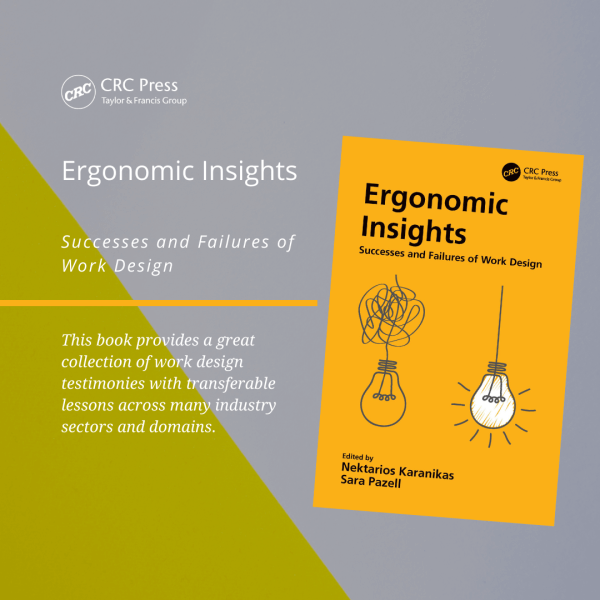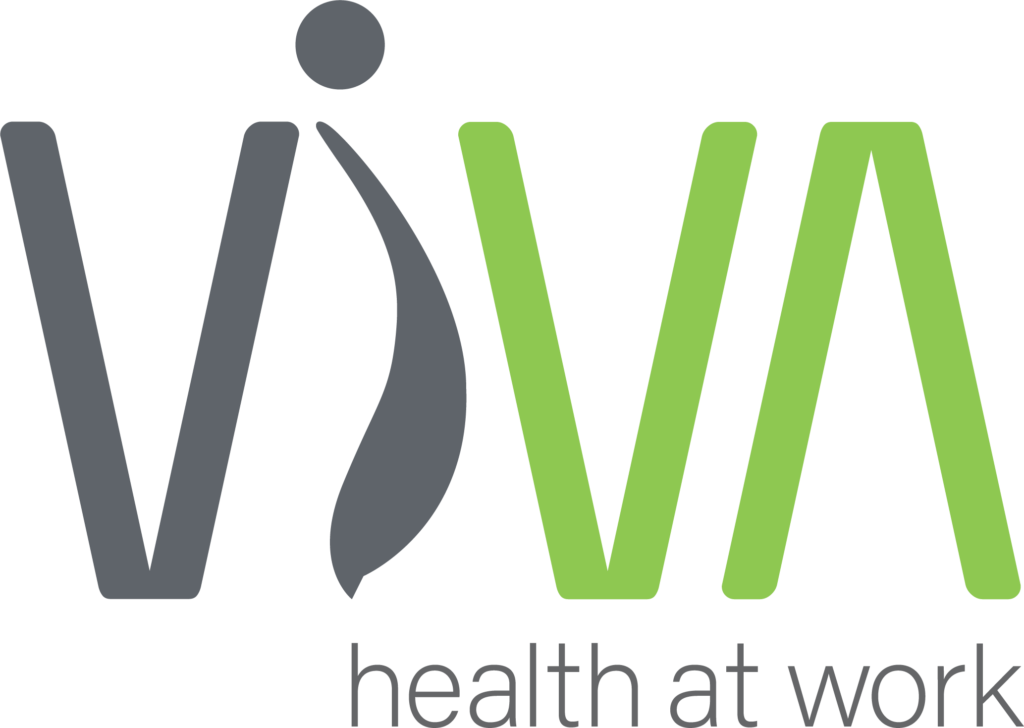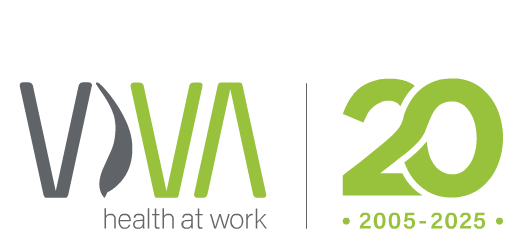What a thrill to announce the release of the Ergonomics Insights book, the second publication in the Workplace Insights series. The series tells of real-world health, safety, wellbeing, and human performance cases in the workplace.[1] I was privileged to work with co-editor, Nektarios Karanikas, and all contributing authors: We were humbled to receive their trust in us to help shape the collection of stories.

In the Ergonomics Insights book, we learn about the soft skills that are necessary to persuade work improvements. The authors speak of similar themes, like engaging the people who do the work or who fix things at work and using task-based approaches to understand the realities of work, so that design can be meaningful and useful. These themes extend across various industries and settings like mining, aviation, rail, road transport, agriculture, healthcare, higher education, office administration, and executive leadership. Uniquely, this book is told from the hearts and minds of the practitioners, the people in the field, who are challenged by assimilating academic theories and using the ideas to make a constructive difference in working lives. Heartwarming stories of humility are shared, such as the fallibility of failing to consult all for whom changes at work matter, or advancing ideas before people are ready to adopt novel and new ways of work. The successes are rewarding, and we learn that success does not arise from a linear process: There is not a simple causal relationship in ergonomics design, but a nebulous and nuanced network of human relationships and processes that must be coaxed to the ‘just-right’ degree. The conditions must be right for ideas to flow, for shared faith in the possibilities of change, for effective strategies to be mapped, and for design capability to meet the challenges presented.
Bravo to all involved: It has been my pleasure to work with you all. Your storytelling is powerful. Thank you, always, to Professor Robin Burgess-Limerick at the University of Queensland, who endorsed this book. Years ago, he gambled on clumsy-practitioner-me by guiding and supervising my doctorate studies when I was initially directionless, other than being incessantly curious and tenacious about fueling my mind to think bigger and better (a challenge that never stops, thankfully).
Disclaimer
Sara Pazell, BAppSci(OT), MBA, PhD, CPE, manages a human factors/work design consultancy. She is affiliated with several Australian universities for teaching and research, and wellness organisations for whom she provides advisory services. These opinions reflect no other organisation with whom Sara has an affiliation; the ideas, concepts, and opinions are wholly Sara’s (influenced, of course, by the many scholars and teachers from whom Sara has been blessed to learn and sometimes wrangle with intellectually).
[i] Several more books are underway in the series: This is exciting!

